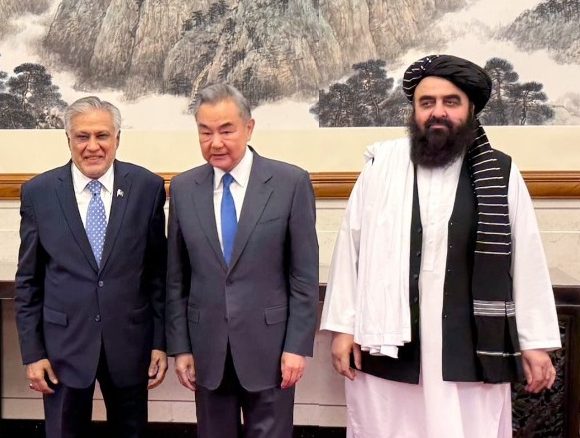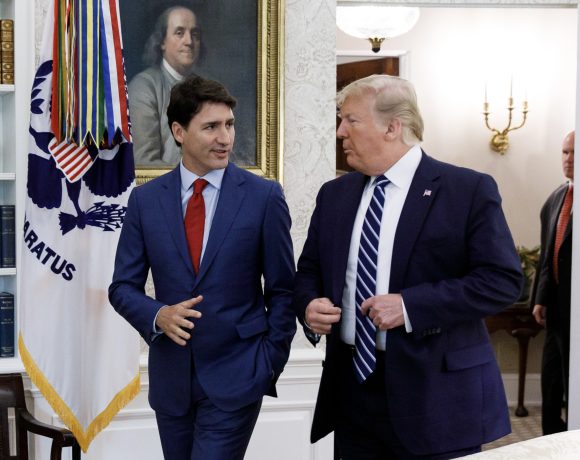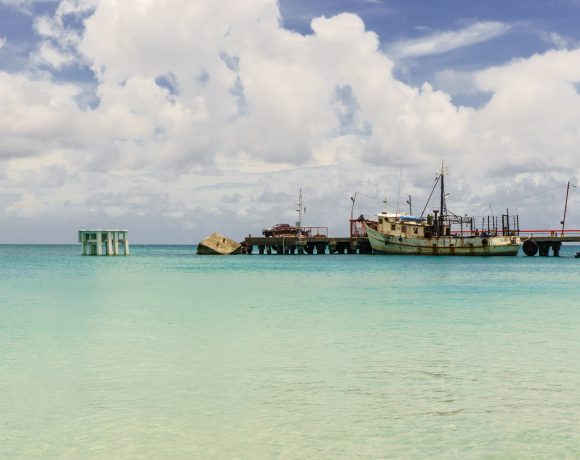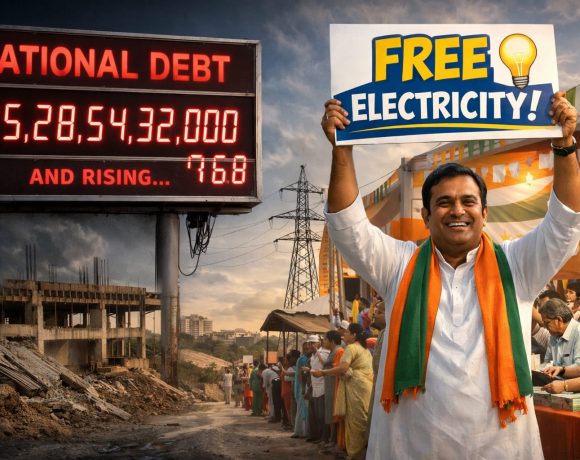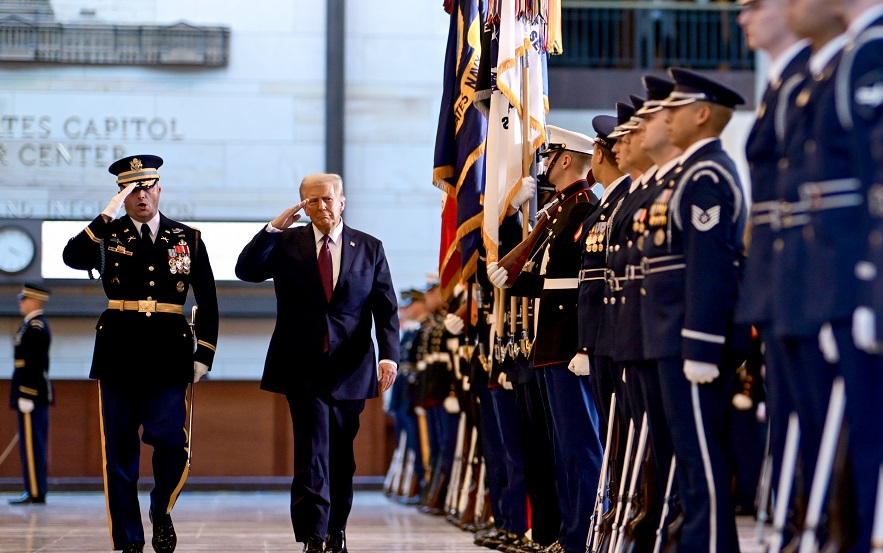
Thailand‑Cambodia Agree to Ceasefire Talks Amid Border Clashes
Thailand and Cambodia have agreed to start ceasefire negotiations even as violence continues along their shared border. The decision comes after U.S. President Donald Trump warned both nations of trade repercussions if hostilities did not stop by August 1. Cambodia has agreed to an immediate and unconditional ceasefire, while Thailand has expressed conditional support, asking for verification of Cambodia’s intent.
Shelling and Civilian Displacement Continue
Despite the diplomatic progress, intense border fighting has not stopped. Armed clashes, artillery shelling, and troop movements were reported on Saturday, especially near contested areas like the Preah Vihear temple. So far, at least 33 people have died in the conflict. Over 130,000 people in Thailand and 37,000 in Cambodia have been forced to flee their homes due to the ongoing violence.
ASEAN and Global Calls for Peace
The rising toll of the conflict has drawn concern from the United Nations and ASEAN member countries. Malaysia has offered to host talks between the two sides. While Cambodia welcomed the ASEAN-led peace initiative, Thailand preferred direct talks without third-party involvement.
Trade Pressure Builds
Trump’s intervention has raised the stakes by linking the ceasefire to trade talks. He warned of imposing new tariffs on Thai and Cambodian exports if the ceasefire is not honored. Both countries are now under pressure to avoid trade fallout that could impact their economies.
Uncertain Path Ahead
Although peace talks are being planned, the situation on the ground remains tense. The coming days will be crucial in determining whether the diplomatic path can truly halt the violence and bring lasting peace to the region.


